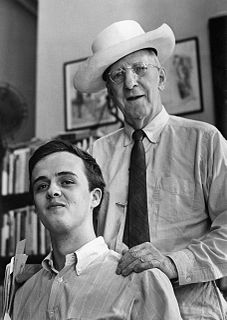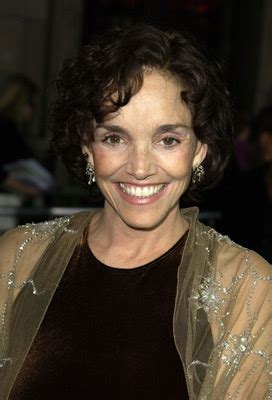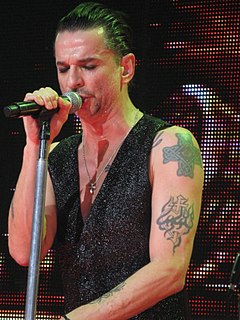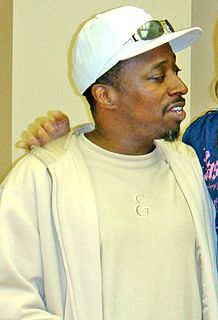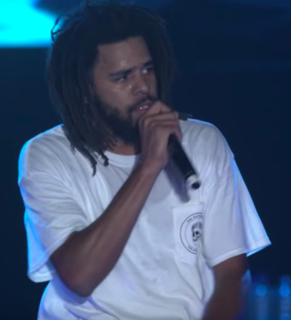A Quote by James Tate
I can't know entirely what's at stake beforehand; you find out as you go. I love to take a poem, for instance, that starts with something seemingly frivolous or inconsequential and then grows in gravity until by the end it's something very serious.
Related Quotes
You sit and you let your fingers go to wherever they are going to go. You wait until you start to hear something, and you start to figure out what it is that you're doing. And then you add another piece next to that piece, and wait to see if some kind of pattern or something interesting starts to grow, and then you cultivate it.
I think it's incumbent upon elected officials to make sure that, if we're going to demand more tax money from people, that we use it in a productive manner and not just say, 'This is what we're going to use it for,' and then they find out that it was used for something else and sometimes something very frivolous.
A poem, being an instance of language, hence essentially dialogue, may be a letter in a bottle thrown out to the sea with the-surely not always strong-hope that it may somehow wash up somewhere, perhaps on the shoreline of the heart. In this way, too, poems are en route: they are headed towards. Toward what? Toward something open, inhabitable, an approachable you, perhaps, an approachable reality. Such realities are, I think, at stake in a poem.
I go through periods where I don't shop at all, and then I go crazy and buy everything in sight. I never know what to wear, and I'm at my worst before an audition. I pull everything out of the closet, throw it on my bed. I'll get entirely dressed and then take it all off again until I'm in a kind of frenzy.
My best times are midnight to six actually. I'll leaf through my notebooks and if something catches my eye and I feel like I want to transfer it from the notebook to the page, I do, and then comes this very strange process which is difficult to describe in that I'll write until I get stuck or I can't go any further or I'm boring myself or whatever and then I might go to another poem.
I'm not that type of musician where I can sit down at the piano and work out a song; I actually really enjoy that process of sitting with somebody and having nothing and then suddenly something starts appearing. You struggle with it, and then suddenly a song starts to appear. Then, you've got to try and muscle it - there's that word again - into something and you do. You tussle with it and play with it and roll around with it and suddenly, magically, something appears.
People have a very limited idea of what being creative is - playing the guitar or the flute or writing poetry - so people go on writing rubbish in the name of poetry. You have to find out what you can do and what you cannot do. Everybody cannot do everything. You have to search and find your destiny. You have to grope in the dark, I know. It is not very clear-cut what your destiny is, but that's how life is. And it is good that one has to search for it - in the very search, something grows.
